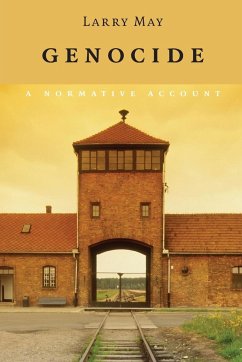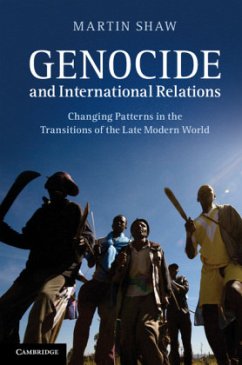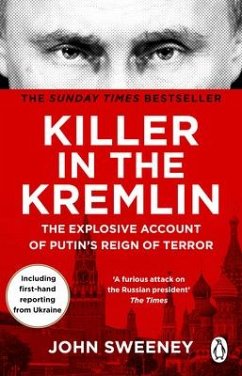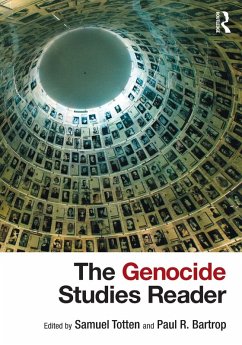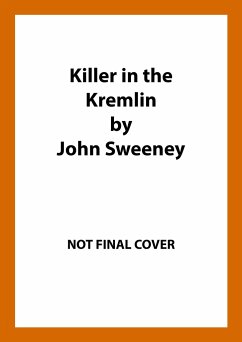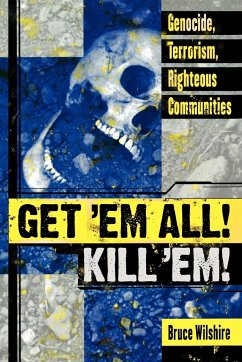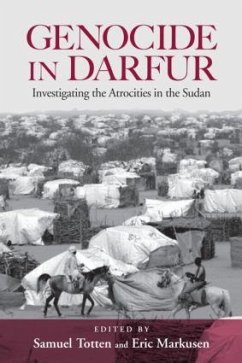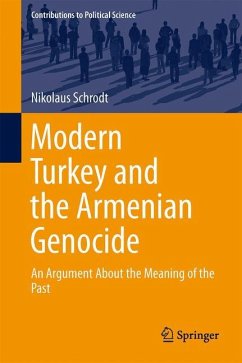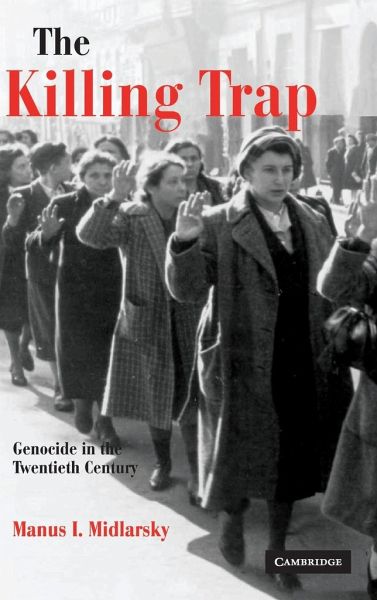
The Killing Trap
Versandkostenfrei!
Versandfertig in 1-2 Wochen
141,99 €
inkl. MwSt.
Weitere Ausgaben:

PAYBACK Punkte
71 °P sammeln!
The Killing Trap offers a comparative analysis of the genocides, politicides and ethnic cleansings of the twentieth century, which are estimated to have cost upwards of forty million lives. The book seeks to understand both the occurrence and magnitude of genocide, based on the conviction that such comparative analysis may contribute towards prevention of genocide in the future. Manus Midlarsky compares socio-economic circumstances and international contexts and includes in his analysis the Jews of Europe, Armenians in the Ottoman Empire, Tutsi in Rwanda, black Africans in Darfur, Cambodians, ...
The Killing Trap offers a comparative analysis of the genocides, politicides and ethnic cleansings of the twentieth century, which are estimated to have cost upwards of forty million lives. The book seeks to understand both the occurrence and magnitude of genocide, based on the conviction that such comparative analysis may contribute towards prevention of genocide in the future. Manus Midlarsky compares socio-economic circumstances and international contexts and includes in his analysis the Jews of Europe, Armenians in the Ottoman Empire, Tutsi in Rwanda, black Africans in Darfur, Cambodians, Bosnians, and the victims of conflict in Ireland. The occurrence of genocide is explained by means of a framework that gives equal emphasis to the non-occurrence of genocide, a critical element not found in other comparisons, and victims are given a prominence equal to that of perpetrators in understanding the magnitude of genocide.





